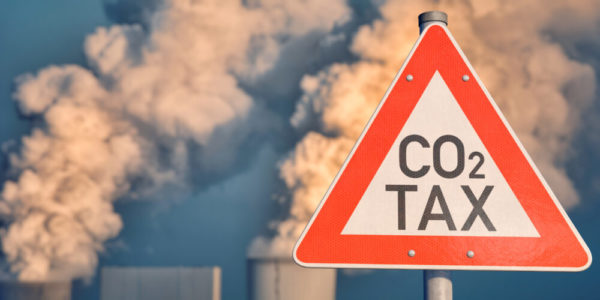Who is Liable?
Payments
Reporting
How does it affect SA companies?
Carbon tax base of
R 127
(increasing annually) per tonne of carbon dioxide equivalent (tCO2 e) emissions

Phase one of carbon tax allows companies to benefit from the following allowances:
![]() Basic allowances of 60% until 2023
Basic allowances of 60% until 2023
![]() An additional tax-free allowance of 10% for process emissions
An additional tax-free allowance of 10% for process emissions
![]() An additional tax-free allowance of 10% for fugitive emissions
An additional tax-free allowance of 10% for fugitive emissions
![]() A maximum tax-free allowance of 5% for above average performance.
A maximum tax-free allowance of 5% for above average performance.
![]() A 5% tax-free allowance for companies with a Carbon Budget
A 5% tax-free allowance for companies with a Carbon Budget
![]() A variable tax-free allowance for trade-exposed sectors (up to a maximum of 10% )
A variable tax-free allowance for trade-exposed sectors (up to a maximum of 10% )
![]() A carbon offset allowance of either 5% or 10%
A carbon offset allowance of either 5% or 10%
The total tax-free allowances during the first phase can be as high as 95% .
NRG can assist
By addressing the real-world financing concerns of a project, our approach can help make a renewable proposal a renewable solution. Here’s how:
Do you want to reduce your energy expenses without upfront costs?
NrG’s Zero Capex Solutions allow our clients to pursue their renewable energy projects without risk, and we take care of the price tag.


